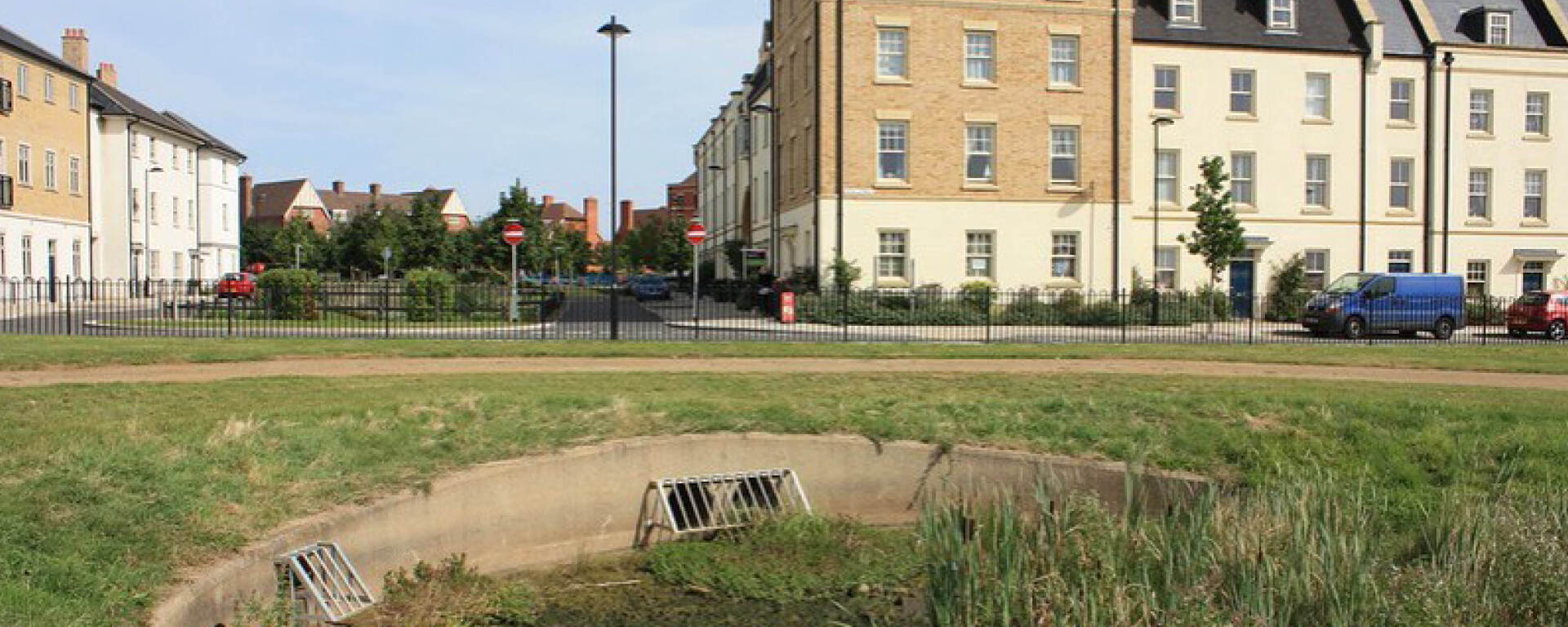New Facility for Sustainable Approaches to Flood Risk
The National Green Infrastructure Facility (NGIF) at Newcastle’s Helix centre for technology and science was officially opened last month.

Designed by engineers at Newcastle University and funded by the Engineering and Physical Sciences Research Council (EPSRC), part of UK Research and Innovation, the facility is described as a ‘living laboratory’, enabling engineers and scientists to test the performance of new technologies and approaches such as Sustainable Drainage Systems (SuDS) that seek to slow the flow of water and reduce the risk of flooding.
SuDS aim to manage rainfall in a way similar to natural processes, making use of the landscape and natural vegetation to control surface water runoff; particularly at new developments and in urban areas. In England and Wales, SuDS are a mandatory requirement for certain types and sizes of new developments.
Researchers working at the NGIF aim to generate insights into SuDS, developing novel approaches and technologies for improved surface water management, geo-energy for building heating/cooling, urban water treatment and increase our understanding of the interaction between the climate and the urban landscape. Evidence from the design and building of the experiments will contribute to knowledge gaps on upfront investment for interventions and how they need to be maintained over time as well as the cost of doing so.
The performance data that is collected as part of the testing at the facility will also feed into Newcastle University’s Urban Observatory, the UK’s largest set of real-time open data, and will be used to inform future flood management and help policy makers and emergency services make decisions in real time if, and when, flooding occurs in the future.
Our Senior Hydrologist, Michael Underwood welcomes the new facility and focus towards better understanding these approaches.
“SuDS are beginning to become the norm at new developments and in the wider urban environment, although ‘harder’ traditional drainage solutions tend to prevail in many cases. While there are a number reasons for this, one key reason is that there is a clear and well-established set of standards for the performance and maintenance of these traditional systems. The performance and maintenance requirements of SuDS however, remains somewhat uncertain and this is presenting barriers to implementation and adoption. It is hoped that the findings coming out of the facility will help to reduce to these uncertainties and enable SuDS to become the norm in the future”.
Read more about the National Green Infrastructure Facility here.
Need help? Our surface water team have extensive experience in flood risk assessment & mapping, flood resilience design; as well as SUDs and storage optimisation. Get in touch with us to discuss what mitigation measures you could benefit from on 01332 871 882 or JamesDodds@envireauwater.co.uk.
Photos credited to ©Susdrain 2020.







